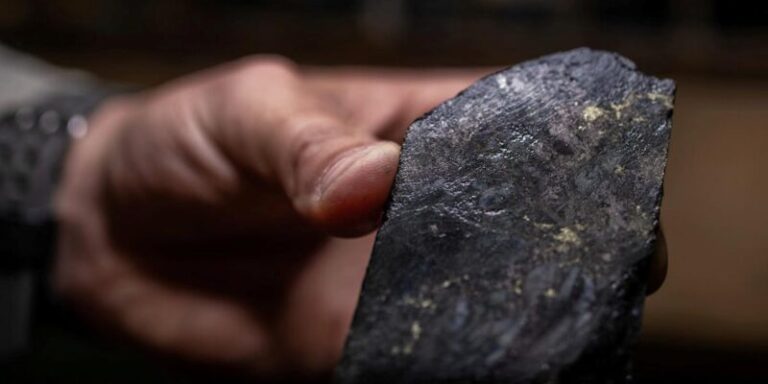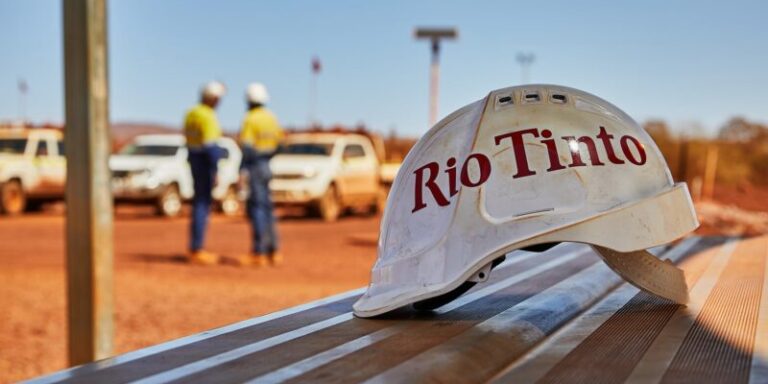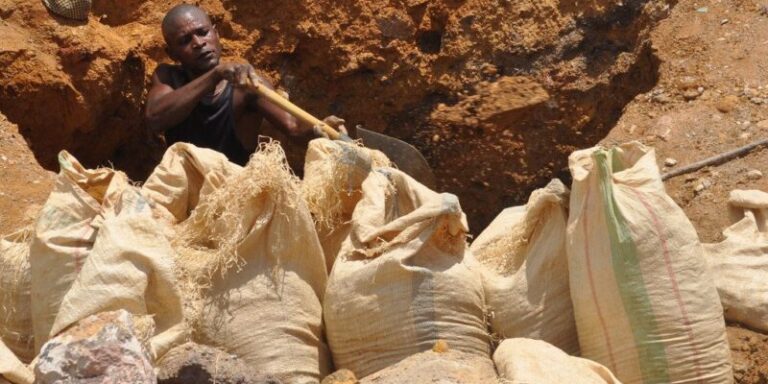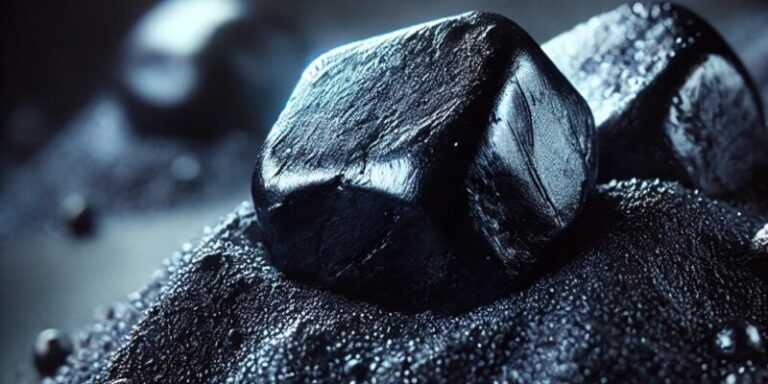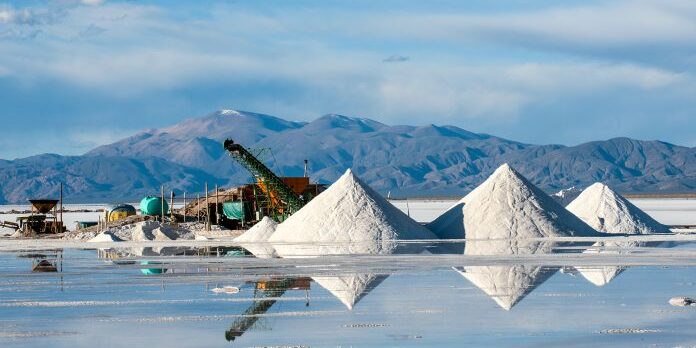
The Chilean government is “close” to specifying what salt flats will be protected under its new national lithium strategy, and which will be available for exploitation, Economy Minister Nicolas Grau told investors on Thursday 24th August.
Authorities will restrict lithium exploration and production on 30% of the surface area of salt flats in the country’s northern desert. That will still leave more than 10 open for development under new contracts, Grau said on a video call.
The minister sees a “high” probability that Chile will issue at least one new contract in the next 12 months, with the government hopeful of having five new projects underway by 2025.
More than 360 people from about 30 countries joined Thursday’s call as companies jostle to negotiate lithium deals in the country with the world’s biggest reserves of the metal that’s a key component in electric-vehicle batteries.
To meet the demand, authorities are well advanced in work to identify new extraction areas and are compiling bidding rules for contracts to explore and possibly mine them under a public-private model.
A roadshow was held in Germany and France last month and another is planned for Korea, Japan and China.
Until now, Chilean lithium production has been limited to two companies working a single salt flat, with the nation’s share of the global market slipping in recent years.
President Gabriel Boric’s solution is a model that will see the state take a controlling stake in operations considered strategically significant, while allowing private firms to retain control of projects in non-strategic areas.
Chile understands that “the numbers should make sense” for the private sector, with the government taking a flexible approach to defining what constitutes “strategic,” Grau said.


